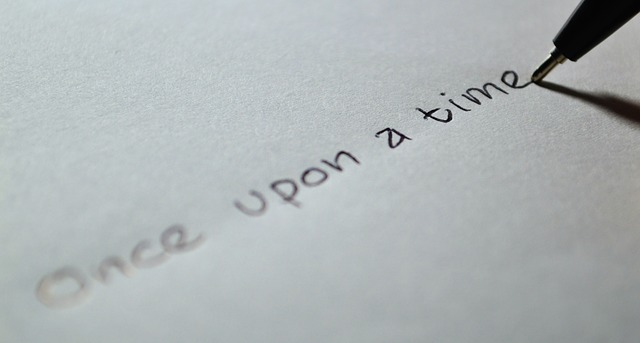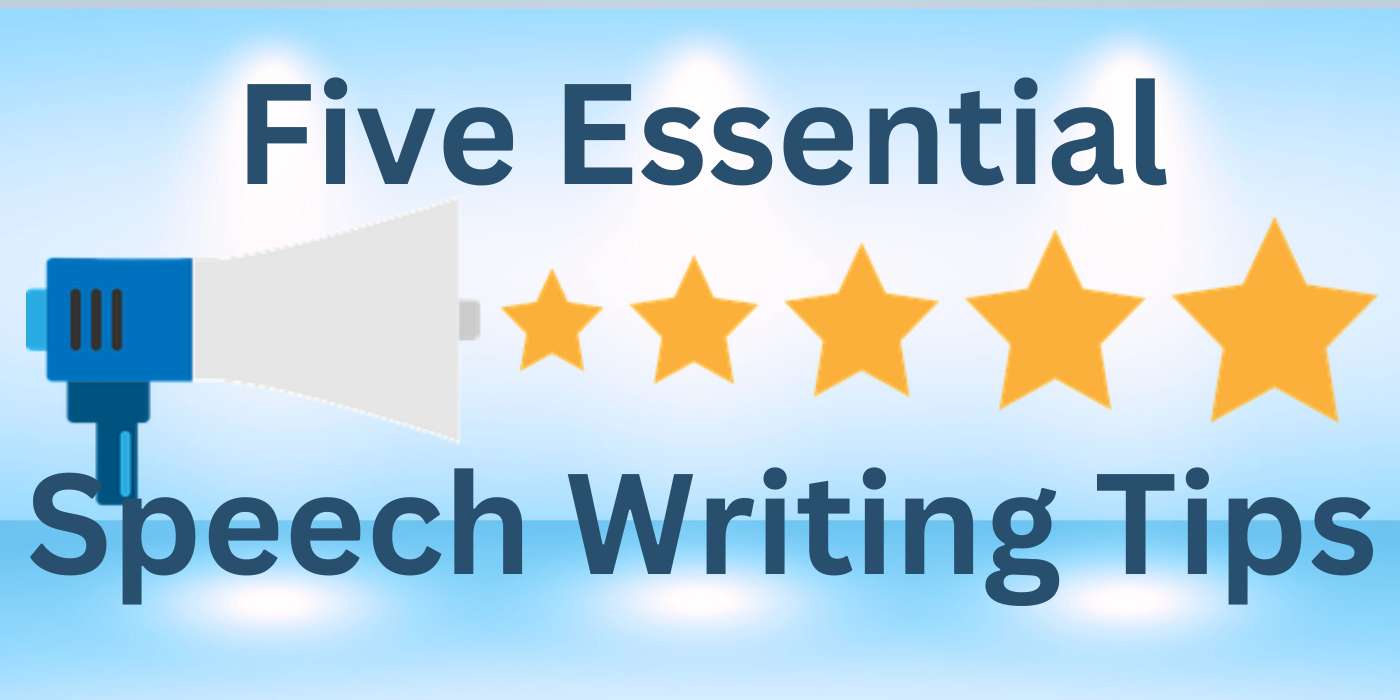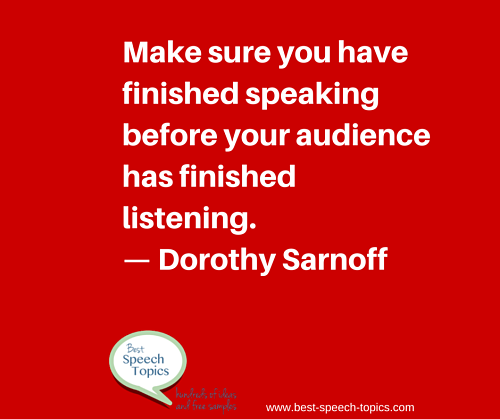How to
Write Good Speech Titles
 Create Memorable Speech Titles with IMPACT
Create Memorable Speech Titles with IMPACTSpeech titles are only needed in certain situations. The title of your speech may appear in a printed program, for example, or someone may be introducing your presentation, in which case it's worth investing a little time in making your title as powerful and memorable as possible!
If your speech is to be given publicly then its title, if carefully chosen, may bring some people to hear you who otherwise wouldn't come.
If you are being introduced by someone,
then they will, of course, need to tell the audience the subject of
your speech. Announcing the title is one of the best
ways of doing this. A good title may also supplement
your introduction by gaining audience interest.
Since titles are important in certain situations, let us look at some of the qualities a good title should have.
A Good Speech Title is Suggestive
First, the title should indicate the subject of your speech but not reveal it entirely.
People are intrigued by suggestions that leave something to their imaginations. The title, however, should not lead the audience to believe you will speak on one subject when you plan to give a talk on another.
Think of your speech title like a trademark. A good mark is distinctive. A distinctive title is capable of distinguishing your speech from others, even if given on the same subject. A non-distinctive subject-based name merely describes the content of the presentation. Just as devices that are fanciful, arbitrary, or suggestive are considered distinctive enough to function as trademarks, so it is with a formal address. However, a title must tickle the audience's curiosity sufficient to solicit attendance, so a suggestive name is often better than one that is arbitrary.
Keep the Title Short and Attractive
Second, the title should be brief and eye-catching.
Titles that can be read at a glance are much more effective than long ones. It is safe to say that the longer the title, the fewer people will read it. Long speech titles defeat the very purpose for which they're intended.
Example speech titles Good and Bad:
GoodThe World's Most Dangerous Animal |
Not So Good (Bad)
An Expose on Dangerous Members of the Animal Kingdom from Bears to Spiders and More |
|
Carbon's Rising Tide |
The Impact of Global Warming on Rising Seas, Coastal Habitats of Humans, Marine Animals, and Shoreline Creatures |
|
My Conversation with Lincoln |
Abraham Lincoln's Life as a Child and Politician, Important Legal Trials, and the Speech that made him President |
Be Creative and Stand Out
Third, speech titles should be original, if possible.
Overworked titles scream BORING and are the quickest way to encourage your audience to switch off before you've even got started.
Titles may take many forms. Variations include a quotation, a question, a paradoxical statement, or a shocking statement. Whatever speech title you pick, it must serve the purpose of attracting attention to your presentation.
If there will be no opportunity to use a title, or to have it announced, don't waste time developing one. It actually works against you to announce the title of a speech if it isn't necessary!
Here are some examples of effective titles:
- Run, Don't Walk, to the Nearest Exit (for a speech on the need for atomic energy control)
- The Ominous Cloud (for a speech on Russian foreign policy)
- I Stutter (for a speech on stuttering and how it can be controlled)
- That's Why the Lady Is a Champ (for a speech on a female tennis Champ star)

Mistakes to Avoid When Writing Speech Titles
There are 5 common mistakes people tend to make when creating a speech title, leaving the audience less than excited about hearing the speech... and possibly even detracting from the brilliance of their delivery!
Revealing the Content too Soon
A title that acts as a 'teaser' will make your audience curious... a title that gives away the subject AND angle of your speech will create very little buzz! What's more, your audience will form pre-conceived ideas about the topic before they've even heard you speak.
Being Boring!
For example, DON'T call a speech about the health benefits of fresh fruit "The Health Benefits of Fresh Fruit" (yawn!). Find a way to put your own unique spin on the topic and create a headline that will ENGAGE listeners rather than send them to sleep (eg. "How Eating Fresh Fruit Can Help You Live Longer".)
Rambling On
Don't create a lo-o-ong title! It needs to be eye-catching and readable at a glance - particularly important if the speech will be getting publicity.
Being Unoriginal/Using Clichés
This should really come under the 'boring' category, because using dull, overworked titles can cause your listeners to switch off before you get going - as can clichéd expressions (quiet before the storm etc) unless wittily incorporated.
Being Inappropriate
There are several ways in which your title might be inappropriate...
- It may lead your audience to expect something your speech doesn't deliver! Whilst hinting at your subject matter is a good thing, being so obscure that your title misleads your listeners is NOT!
- It may be too humorous when your subject matter is entirely serious (do note, however, that humor can be great in a speech title if it fits with the theme of the speech).
- It may be offensive. Think carefully!
Remember: You can't save a bad speech with a good title, but you CAN make a good speech even MORE memorable with a title that grabs attention and makes your listeners keen to hear what you have to say.
Related guides and tips for public speaking
- Guide to Speech Writing
- The Importance of Public Speaking
- Public Speaking for Kids
-
Public Speaking Jokes
Writing Tips...
- Top 5 Tips
- Effective Speech Writing - How to Keep Your Audience Hooked!
- How to Come Up with Topic Ideas
- Speech Introductions
Delivery Tips...



